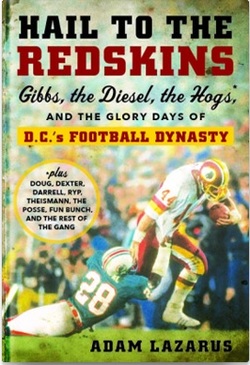
Coached by Joe Gibbs, the Redskins went to four Super Bowls, winning three of them. Beginning with John Riggins, the offensive line known as the Hogs, and a smothering defense, the Redskins spurned finesse and plowed over their opponents.
There is a vivid snapshot of that era. In Super Bowl XVII, Miami cornerback Don McNeal futilely tries to bring Riggins down on a fourth-down play in the fourth quarter. He failed, and Riggins went 43 yards for the go-ahead touchdown, capping a Super Bowl record 166 yards on 38 carries.
What Riggins had done, Sports Illustrated’s Paul Zimmerman wrote at the time, “was grab modern NFL football by the scruff of the neck and toss it a few decades back into a simpler era—big guy running behind bigger guys blocking.”
That simpler era is brought back to life in Adam Lazarus’ new book, “Hail to the Redskins: Gibbs, the Diesel, the Hogs, and the Glory Days of D.C.’s Football Dynasty” (William Morrow; hardback; $26.99; 368 pages). Lazarus’ fourth book reads like a Gibbs game plan: meticulous, detail-oriented, nothing fancy, but still with a few wrinkles thrown in for good measure.
Lazarus interviewed 93 different people and used extensive research to give readers a season-by-season chronicle of the Gibbs Era.
Lazarus’ clean prose helps the readers identify with the main characters: Gibbs, the pious, respected coach whose motto for success was “to be your own man”; Riggins —“the Diesel” — the polar opposite of his coach who lived for the unorthodox off the field, but remained a bruising runner on it; Doug Williams, who excelled when given the chance at quarterback and made history in Super Bowl XXII; and Dexter Manley, the man-child who gave Gibbs many sleepless nights when he was away from the gridiron.
What fueled the Diesel and made Riggins so effective were “the Hogs” — Washington’s offensive line. Joe Jacoby, Jeff Bostic, Russ Grimm, Mark May, Fred Dean and George Starke were the charter members.
There were other personalities and groups, too — the Posse, the Fun Bunch, the 5 O’Clock Club, the Smurfs — Lazarus describes them all. Joe Theismann appeared to be a distracted quarterback until an 0-5 start in 1981 in Gibbs’ first season turned into an epiphany. Several years later, Williams was about to be traded to the Raiders before Gibbs changed his mind.
Throughout, Gibbs was the steadying force.
He never craved the limelight, and what he and the Redskins achieved may have been overshadowed by flashier teams like the San Francisco 49ers and Dallas Cowboys. Lazarus tells the story of Gibbs, boarding an elevator after his day-after news conference following Washington’s Super Bowl XVII victory against Don Shula’s Dolphins, encountering an awestruck fan.
“Can I have your autograph, Coach Shula?” she asked.
Still, it’s hard to argue against three Super Bowl trophies. And the Super Bowl loss, in Tampa, Florida, was a case where the Los Angeles Raiders took advantage of some Washington gaffes (and Marcus Allen’s twisting, field-reversing touchdown run) to stun the favored Redskins.
The Redskins returned to the Super Bowl against Denver in January 1988 and turned a 10-0 deficit into a rout with an eye-popping, record-breaking 35-point second quarter. Williams, the first black quarterback to win a Super Bowl, was the MVP, and unheralded running back Timmy Smith set a record with a 202-yard rushing game.
Gibbs’ final Super Bowl team might have been his finest. The team opened the season 11-0 and went 14-2, before winning two playoff games before whipping Buffalo in Super Bowl XXVI.
Buffalo defensive line coach Chuck Dickerson’s slap at the Hogs before the game backfired, as the Washington offensive line wore down the Bills. The Redskins’ defense did the rest in a 37-24 victory.
Lazarus called the 1991 squad Gibbs’ “masterpiece.”
It was “a team with a stellar passing game, a brutal running attack, the best offensive line in history, and a defense that sacked, stripped, or suffocated the opponent every week.”
It’s been 24 seasons since the Redskins won a Lombardi Trophy. Since Super Bowl XXVI they have reached the playoffs five times, most recently in 2012. They have blown through eight coaches (including a mediocre four-year comeback stint by Gibbs). The Redskins’ nickname was come under fire, and Lazarus felt compelled to address that issue in an author’s note that preceded the book.
As “Hail To The Redskins” closes, there is a poignant meeting between Gibbs and Manley, the latter wearing an orange prison outfit. In 1995, Manley had been arrested in Houston for possession of crack. Gibbs flew from North Carolina to visit his former player, kneeling down and praying with him.
At a charity roast for Gibbs in 2013, Manley would not indulge in the good-natured ribbing of his former coach.
“I can’t roast Joe Gibbs,” he said. “I can only toast Joe Gibbs.”
Gibbs and the Redskins were the toast of the NFL for a dozen years. Lazarus brings that era back to life in an entertaining book that reads quickly and efficiently.
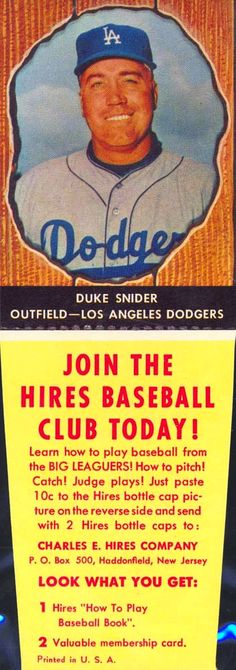
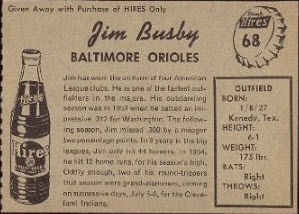
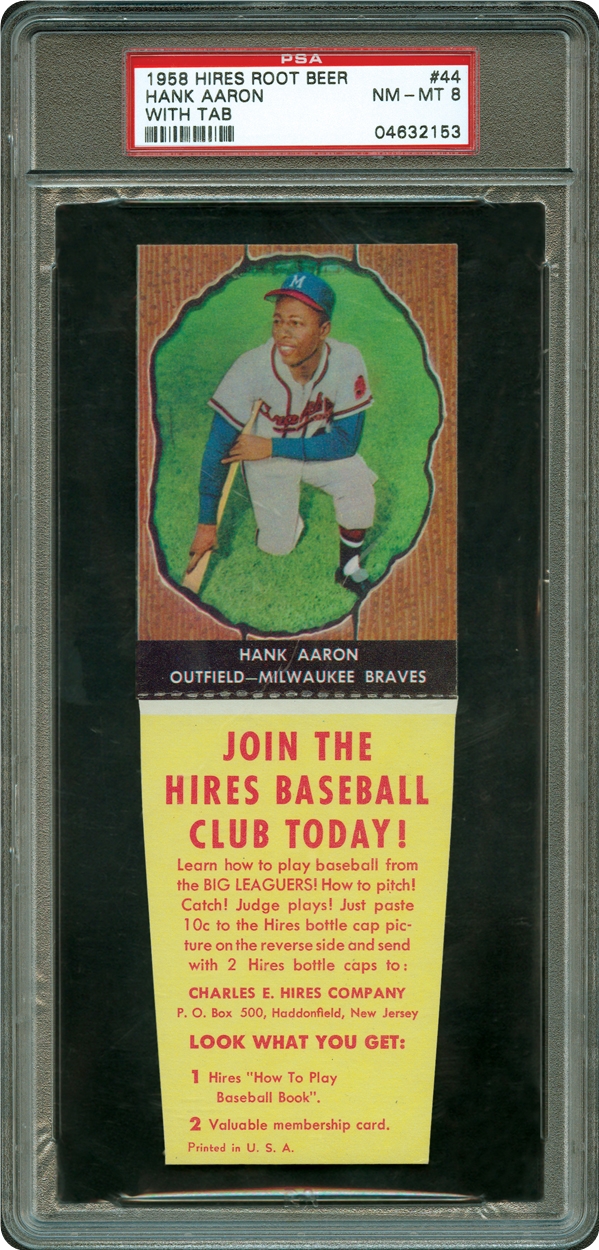
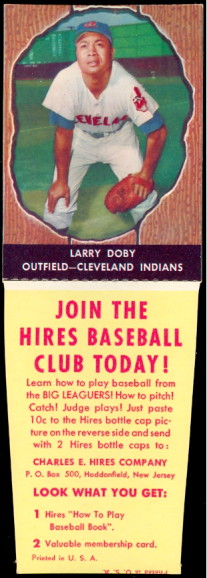
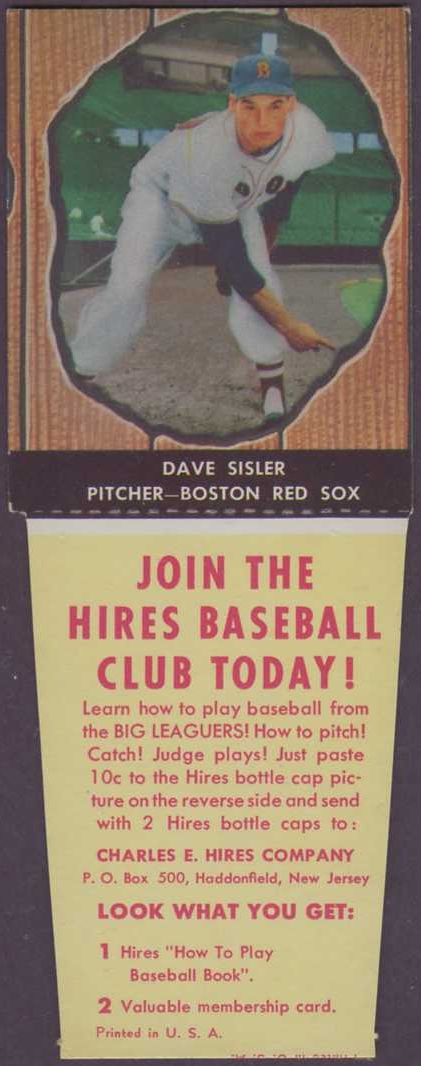
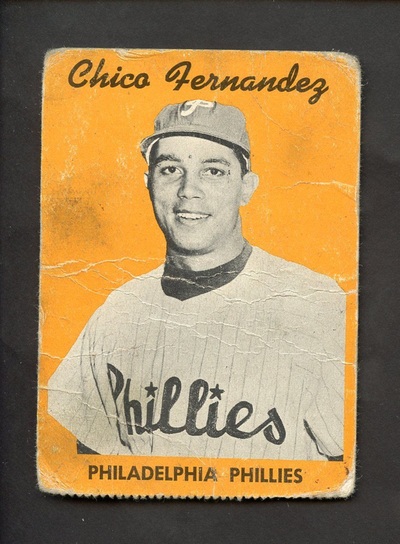
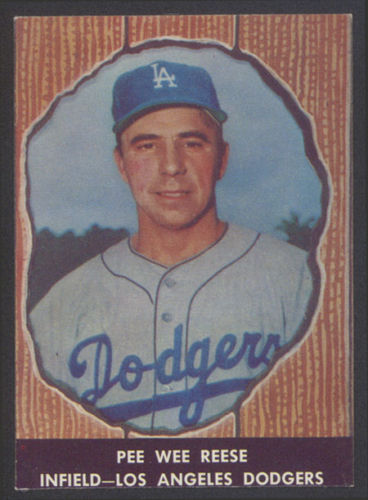
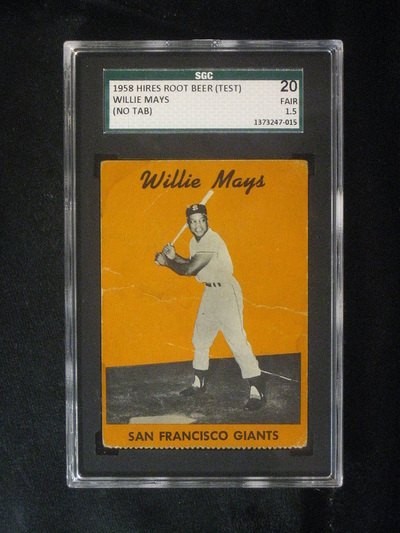
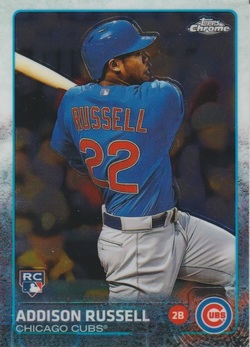
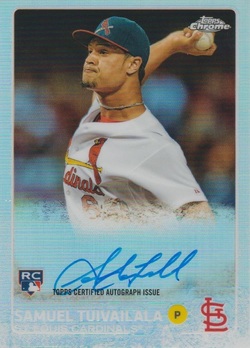
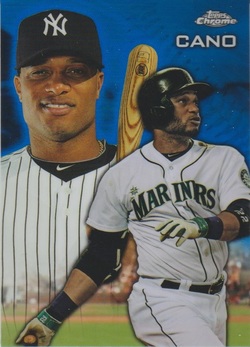
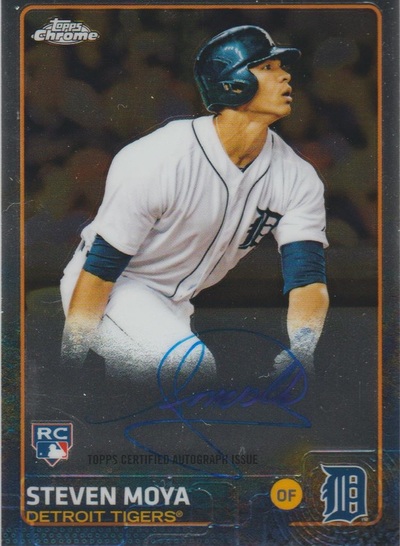
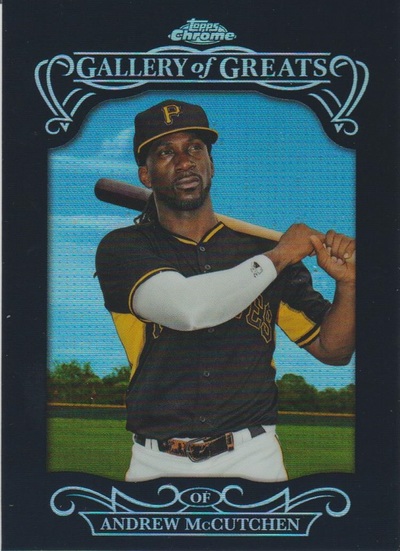
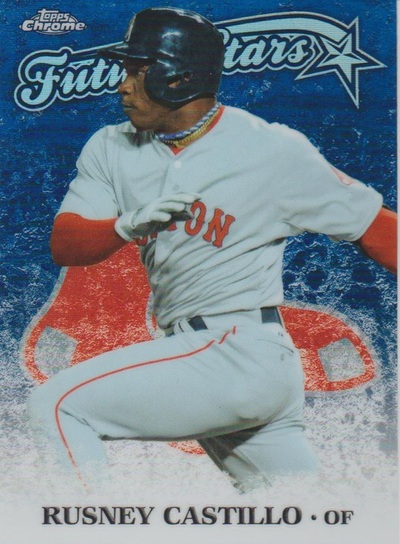
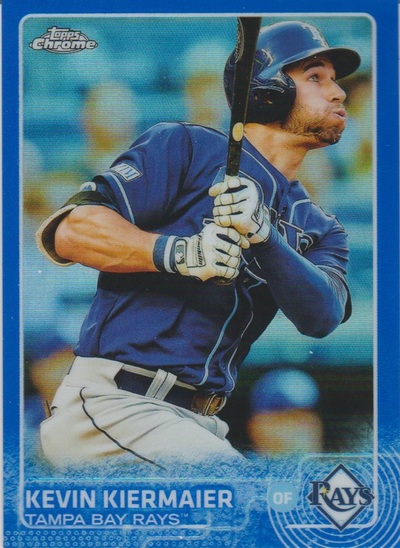
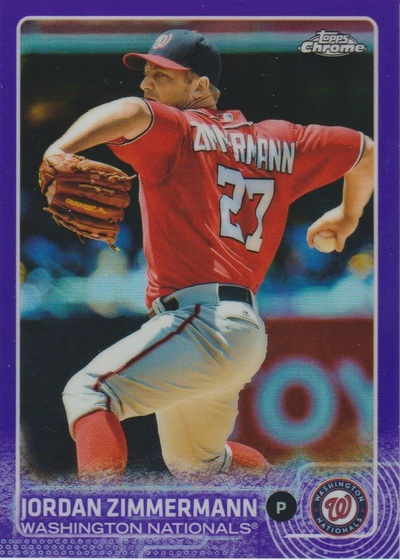
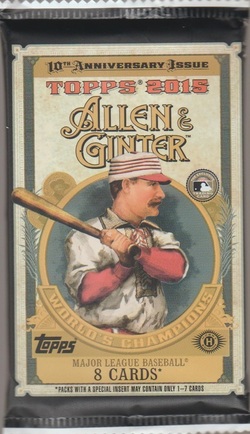
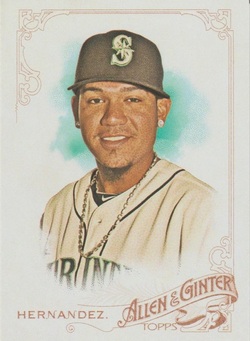
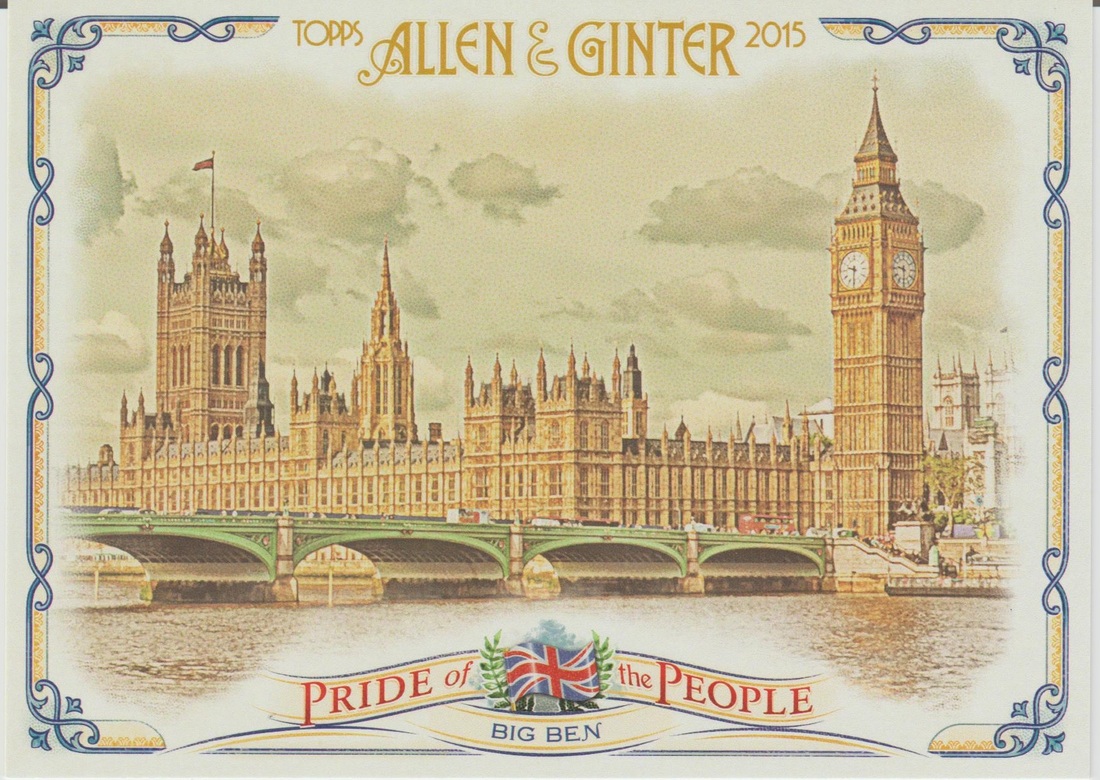
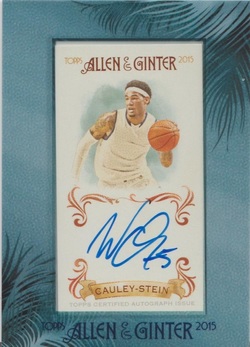
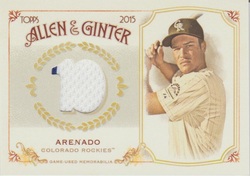
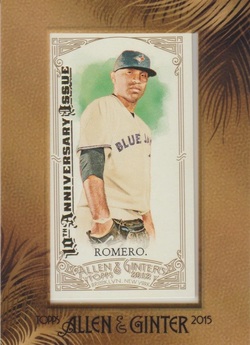
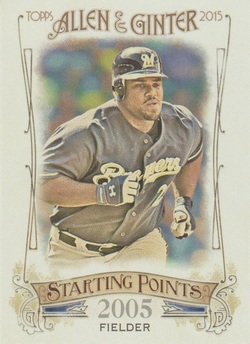
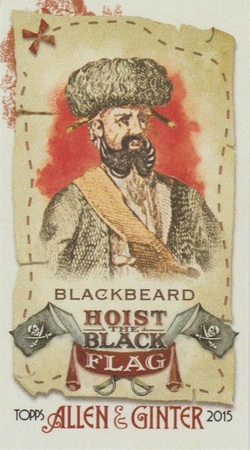
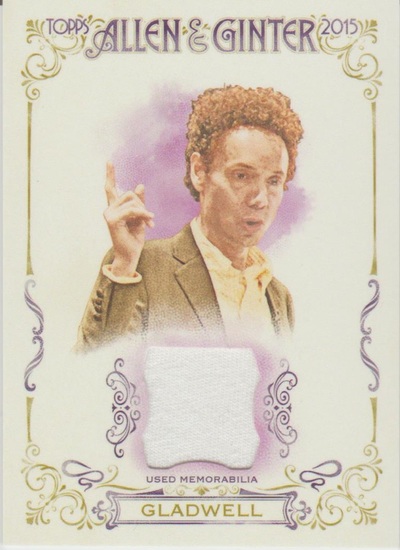
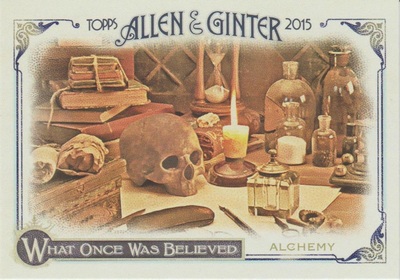
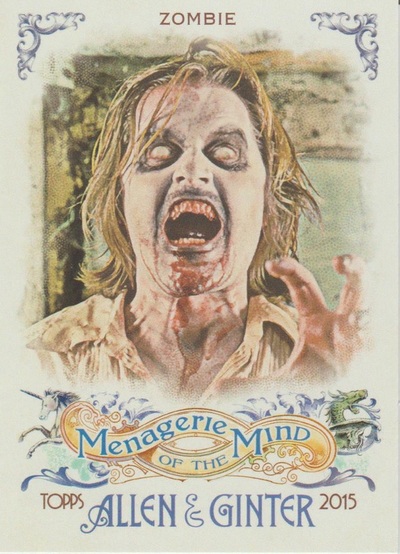
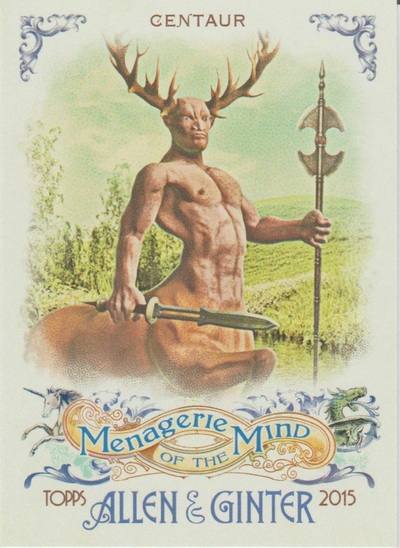
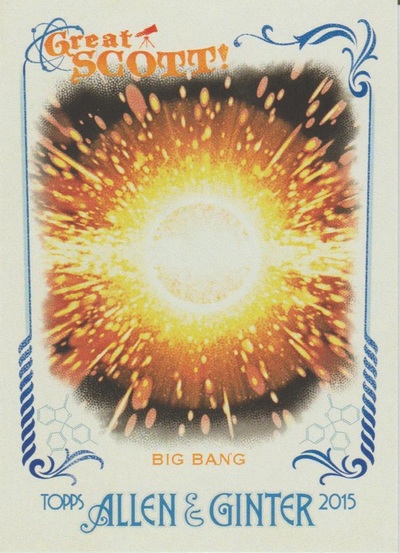
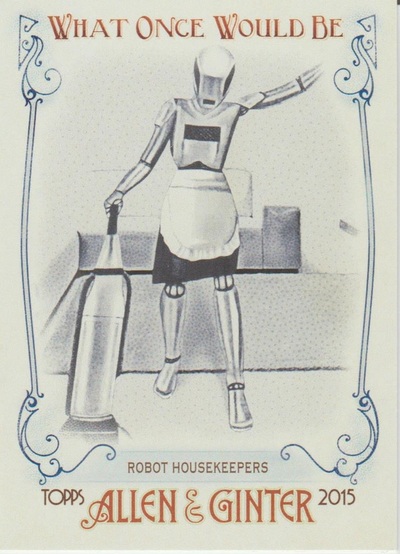
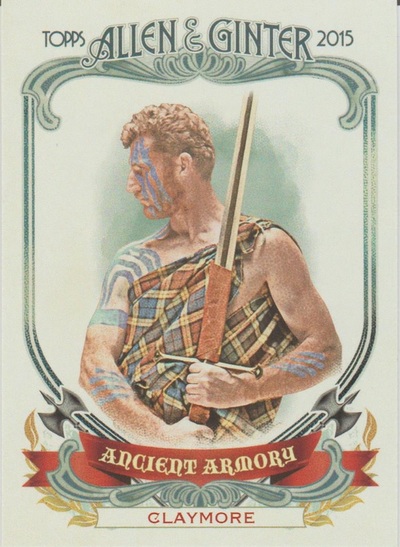
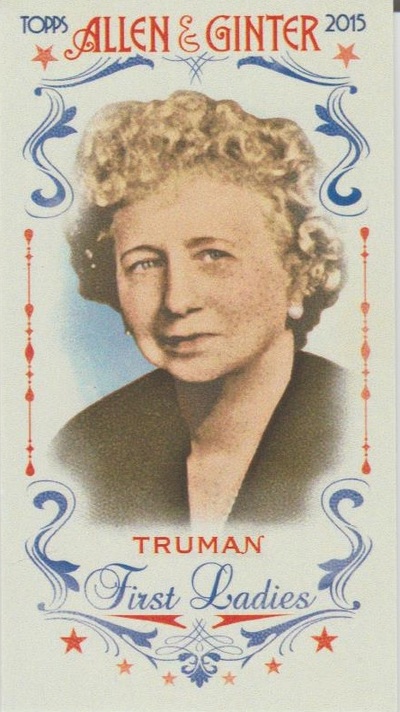
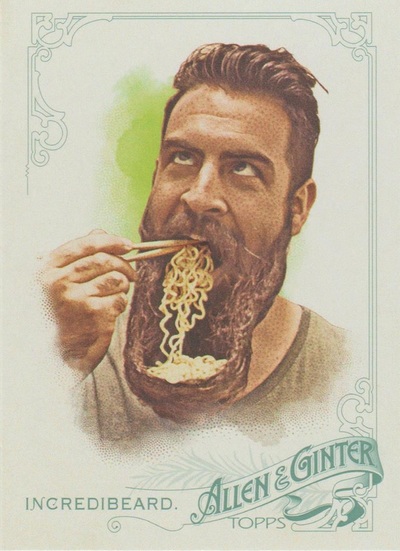
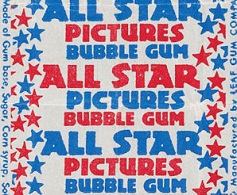
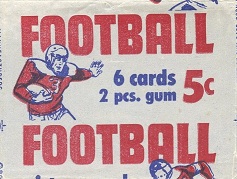
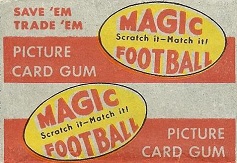
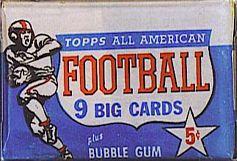
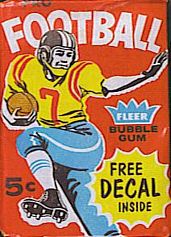
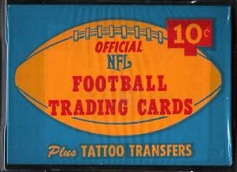
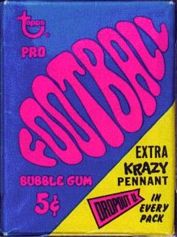
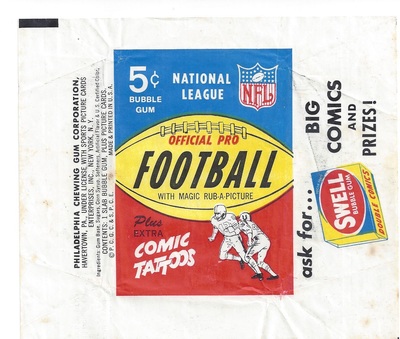
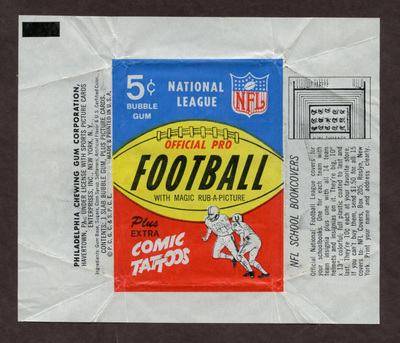
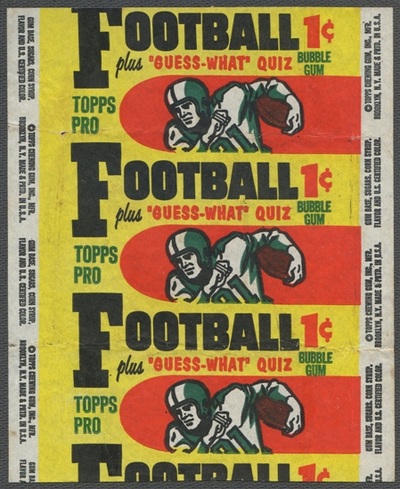
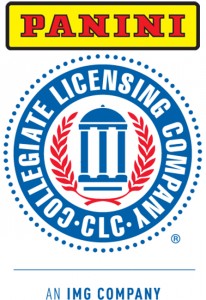
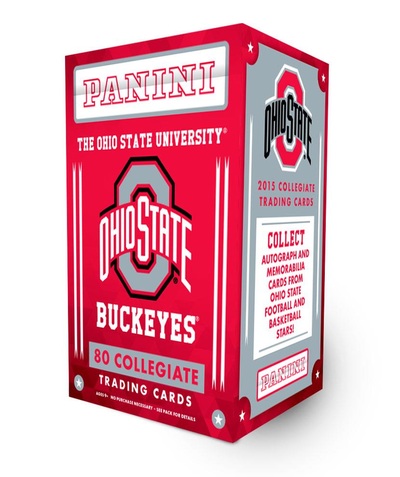
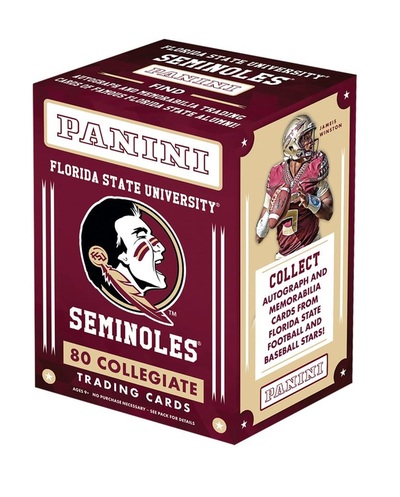
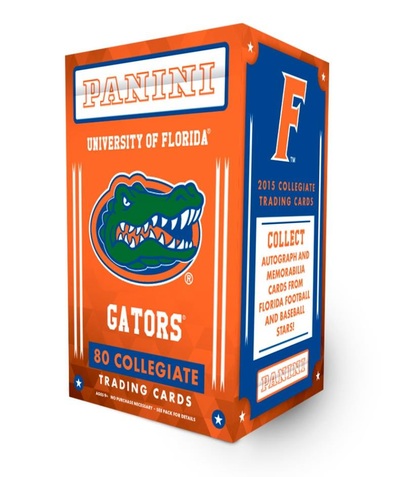
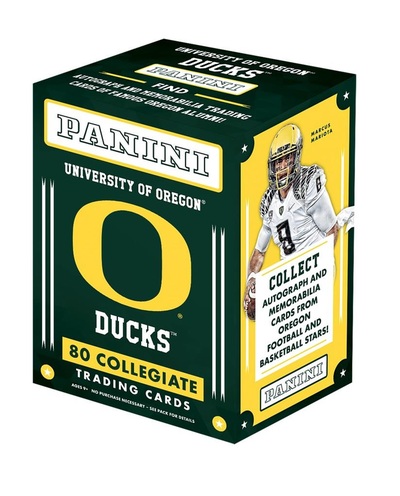
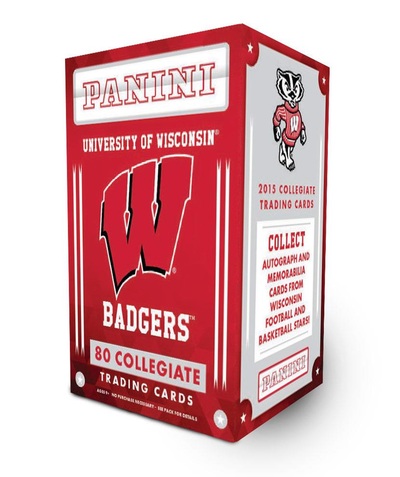
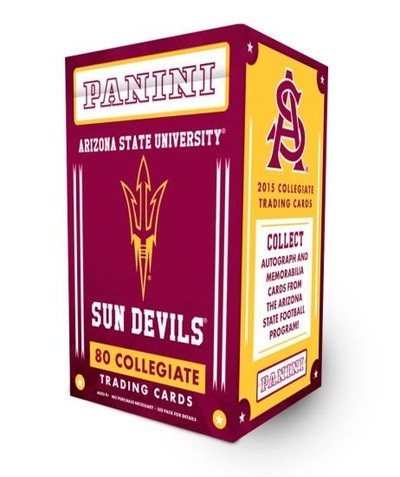
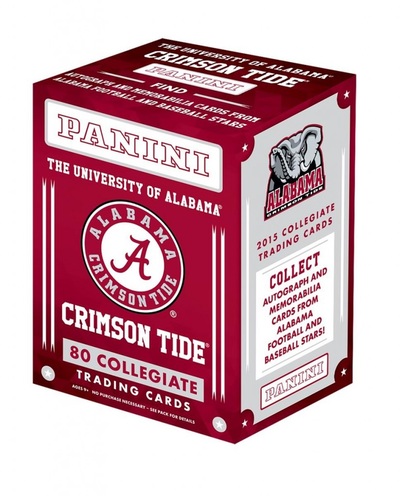
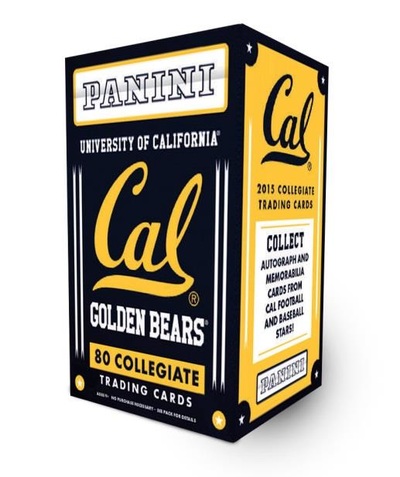
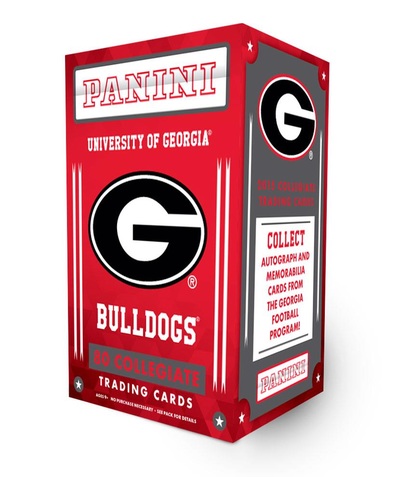
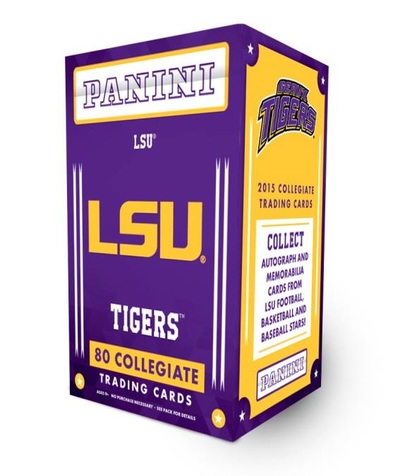
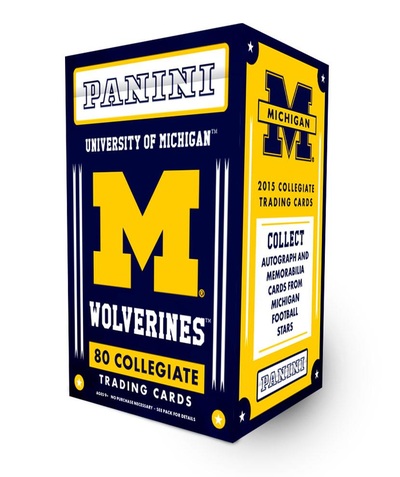
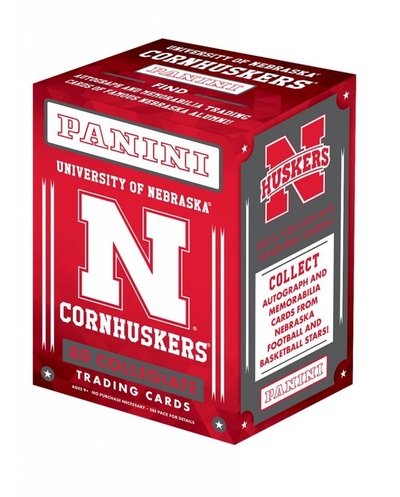
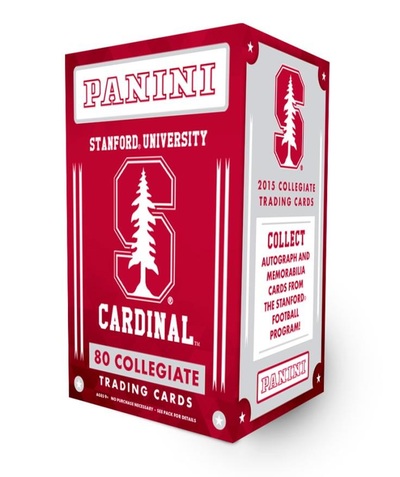
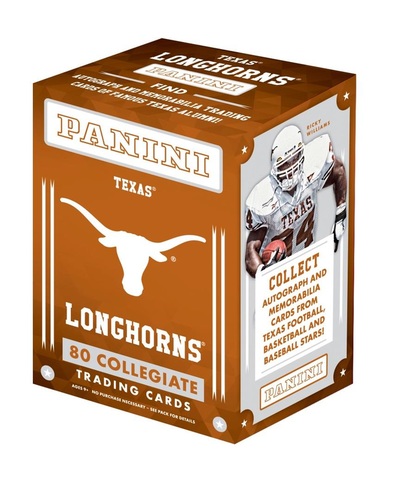

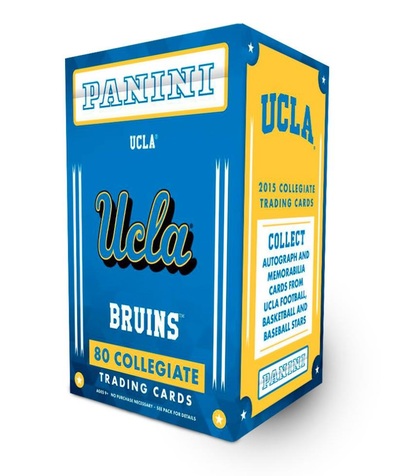
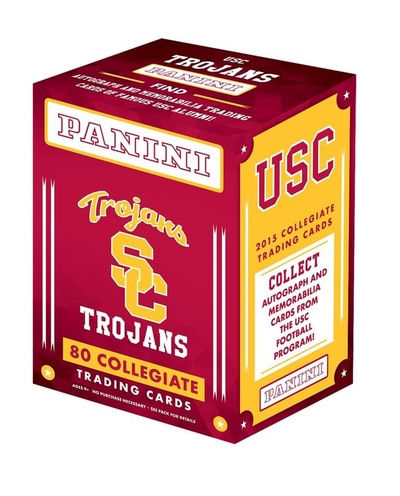
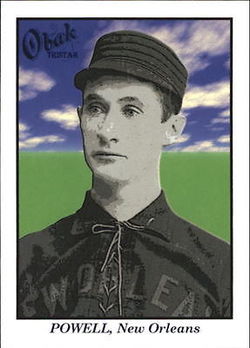
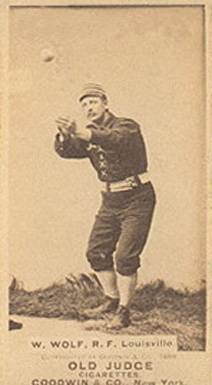
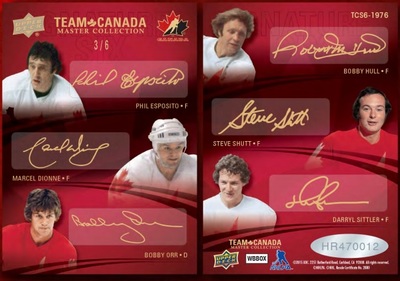
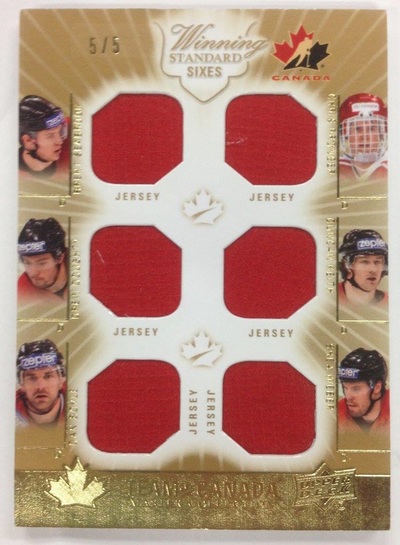
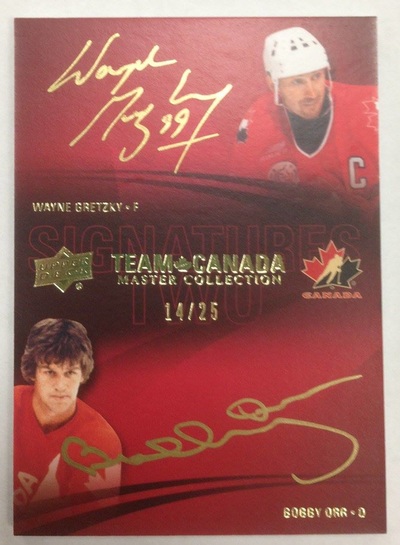
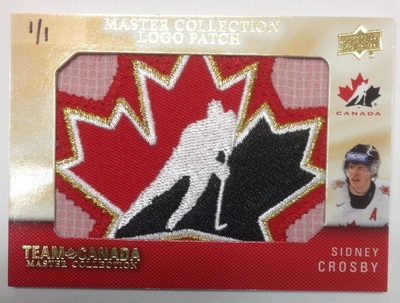
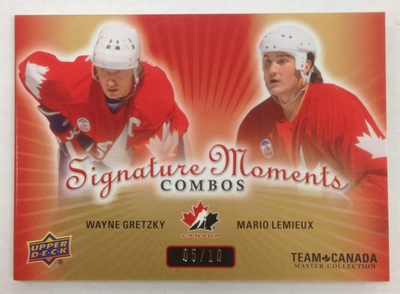

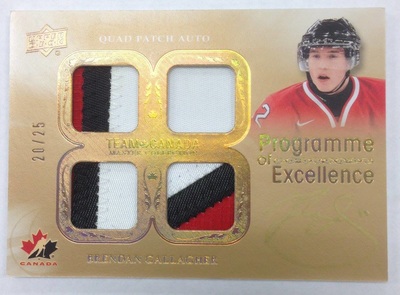
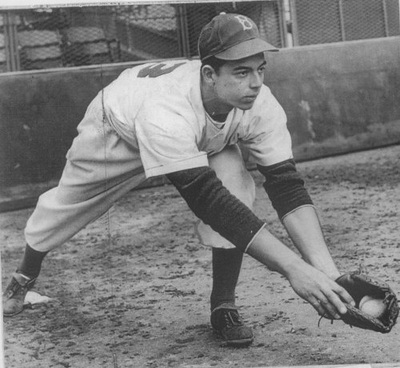
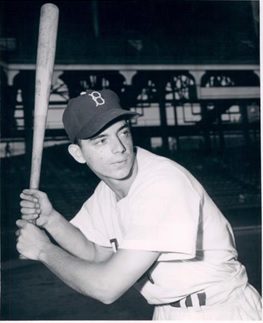
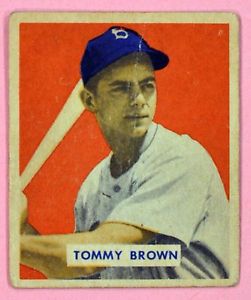
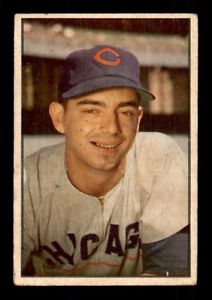
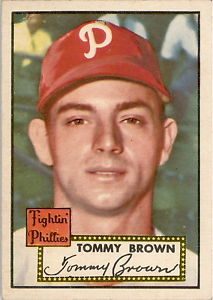
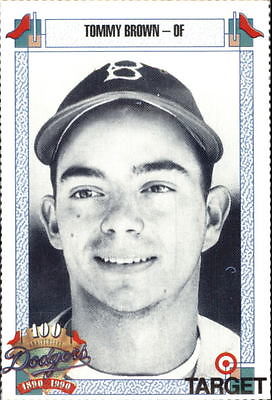
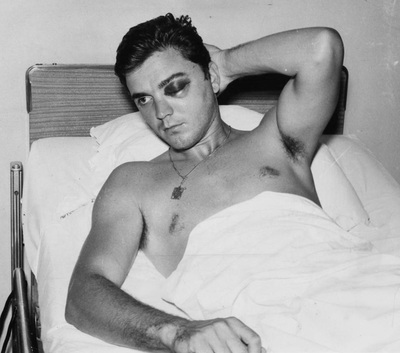
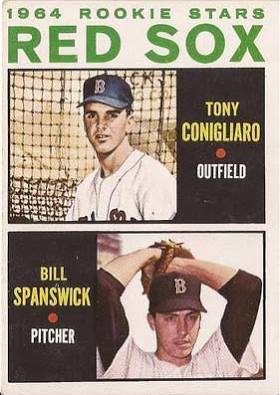
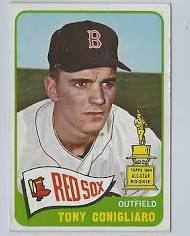
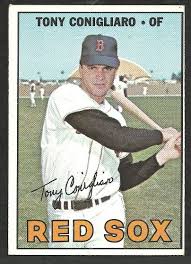
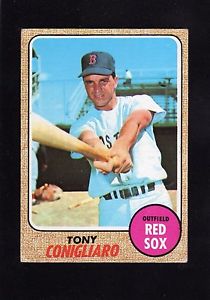
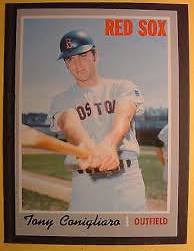
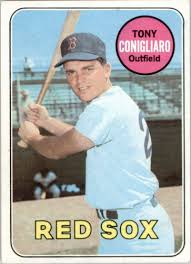
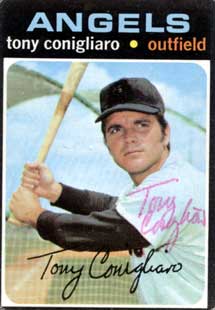
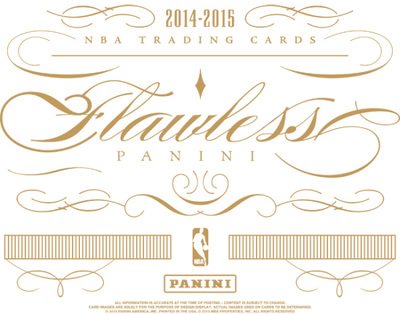
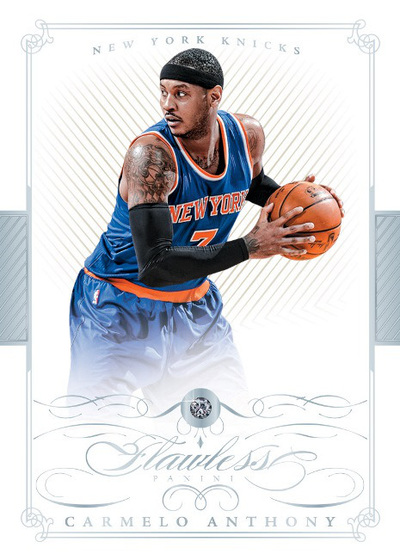
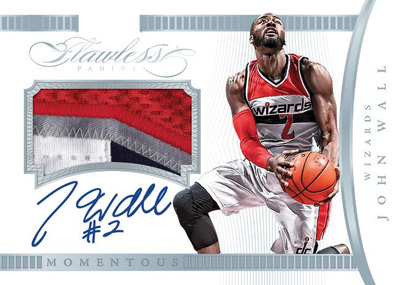
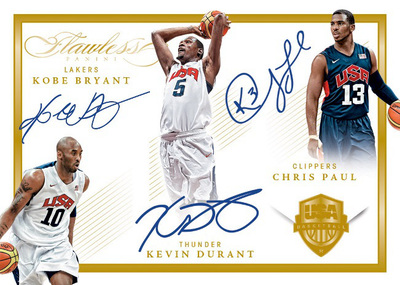
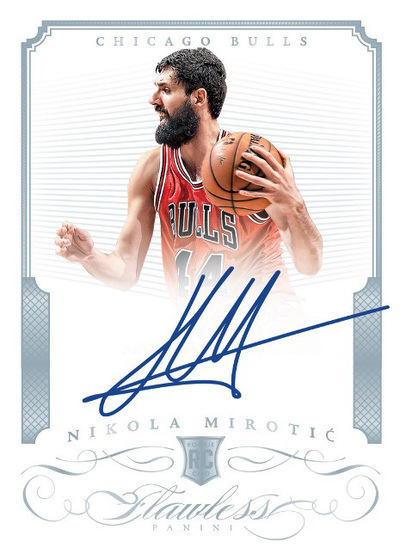
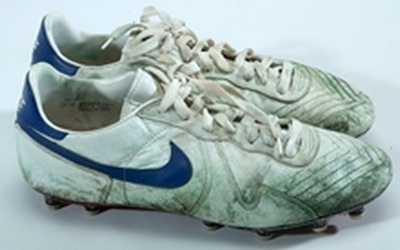
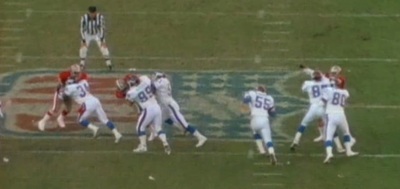
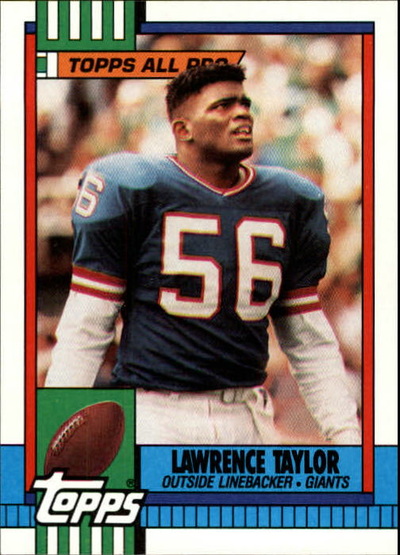
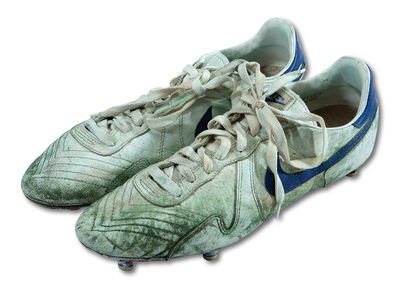
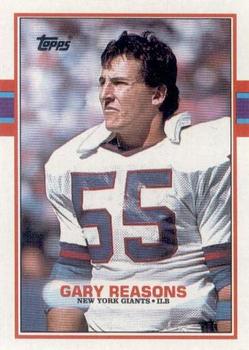
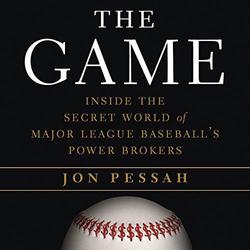
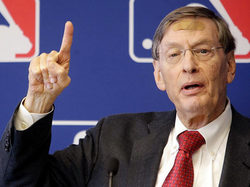
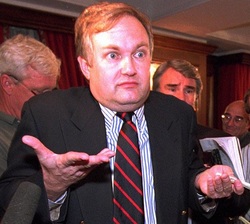
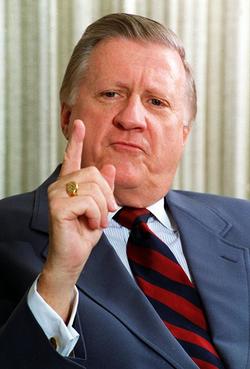
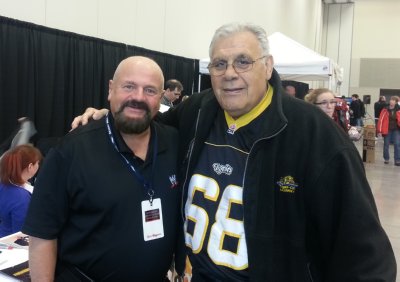
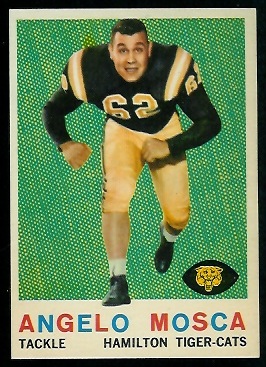
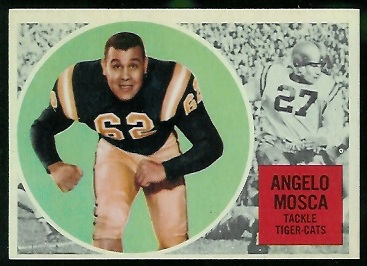
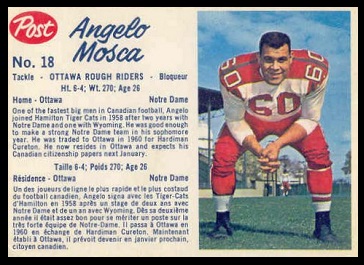
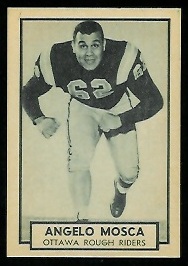
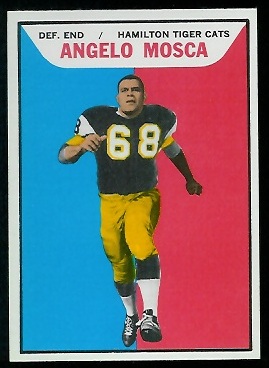
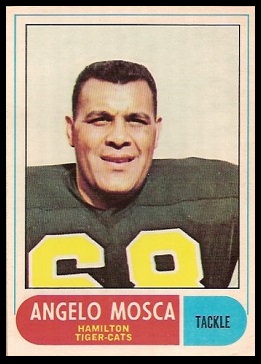
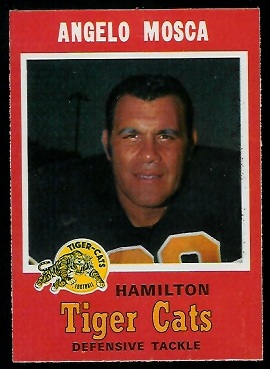
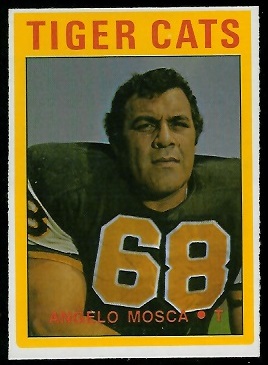
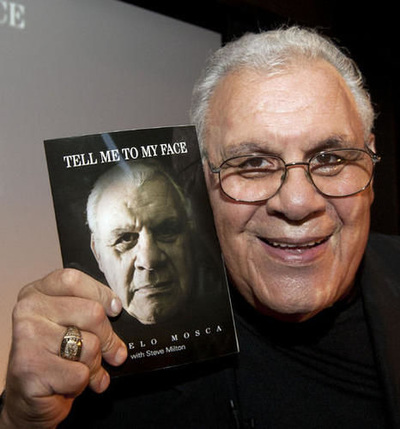
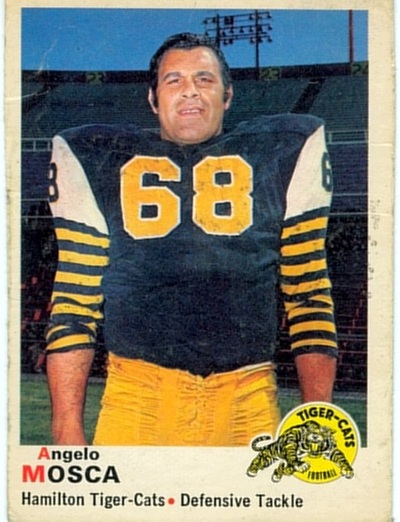
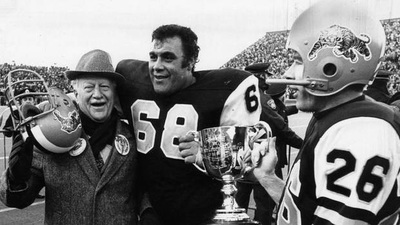
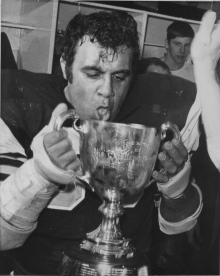
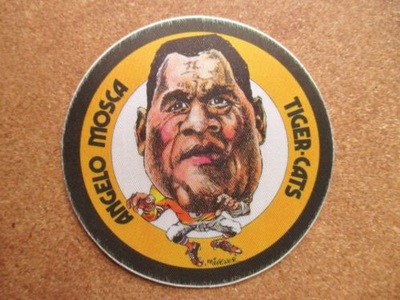
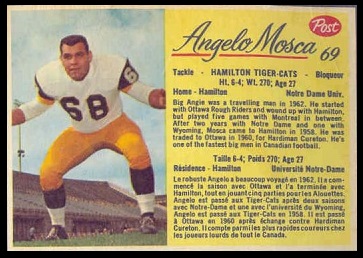
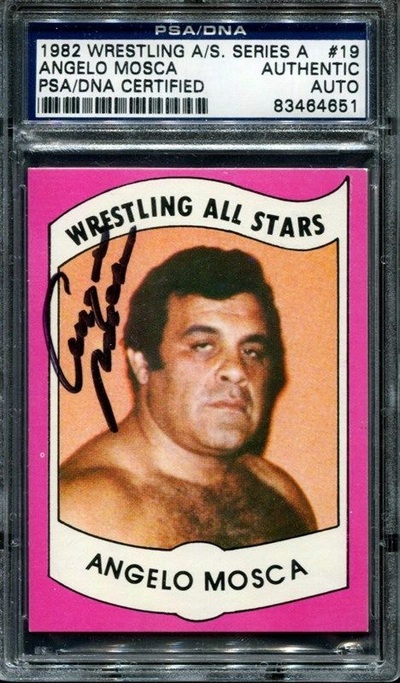
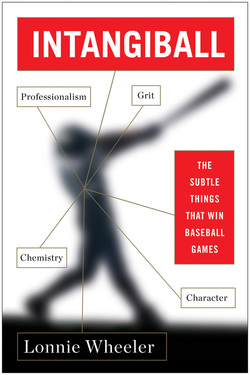
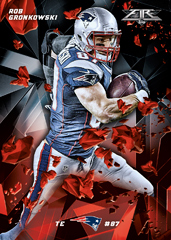
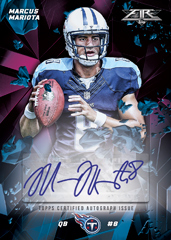
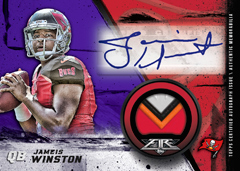
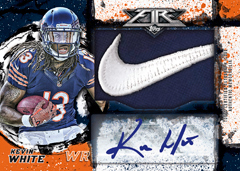
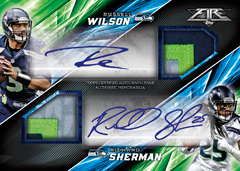

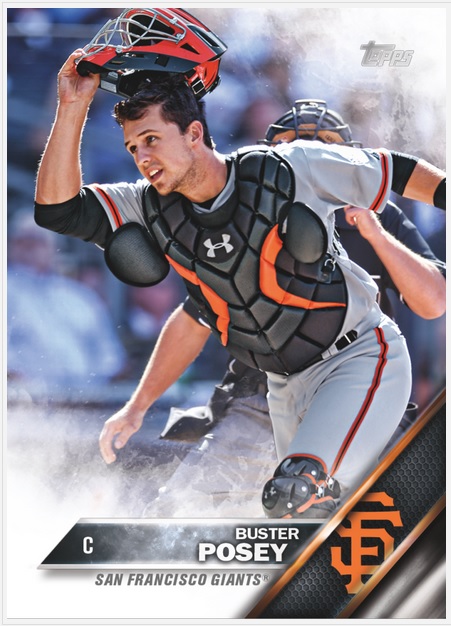
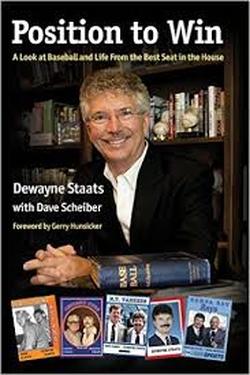
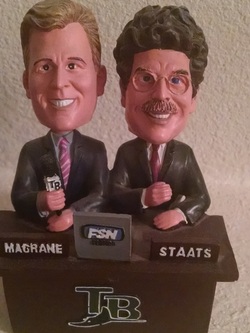

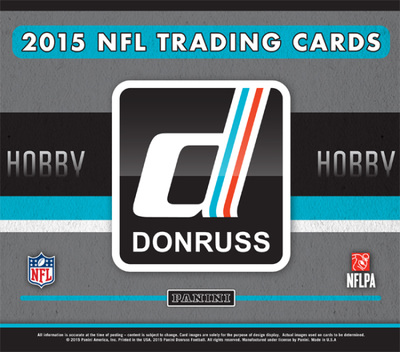
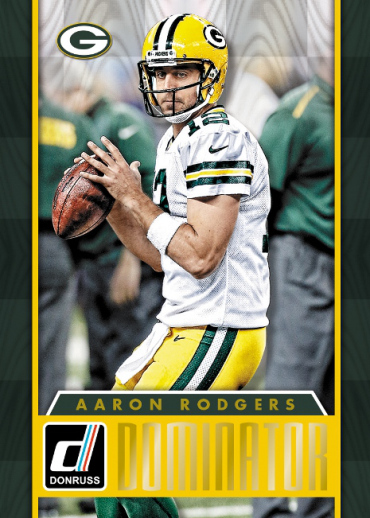
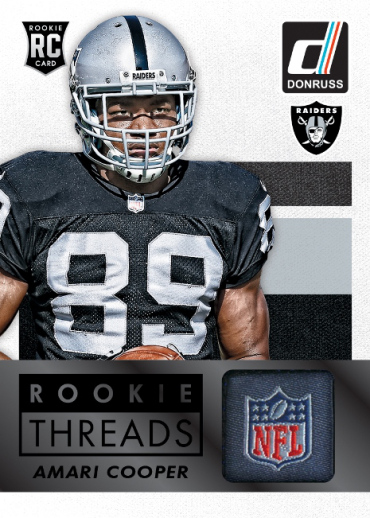
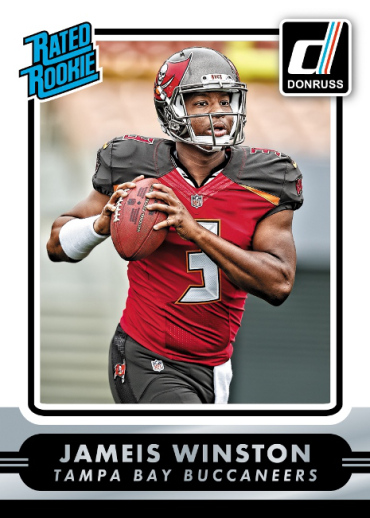
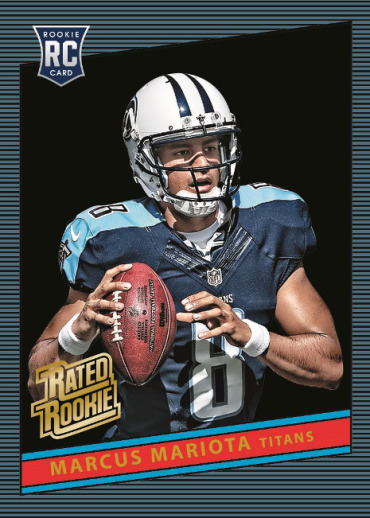
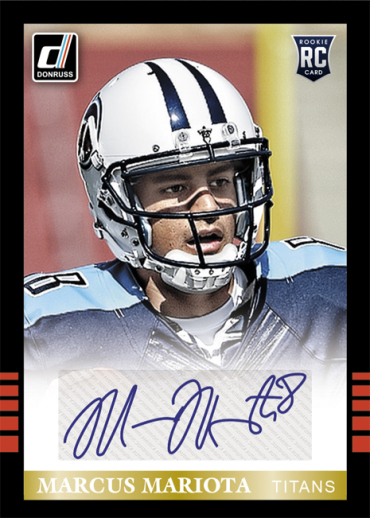
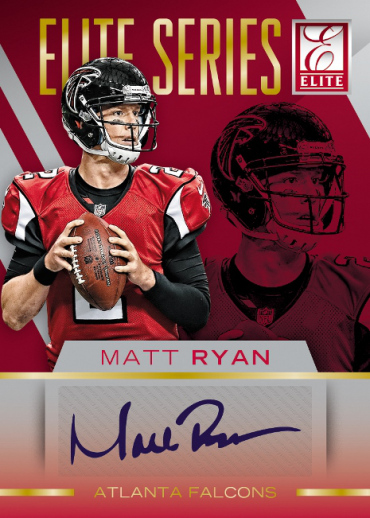
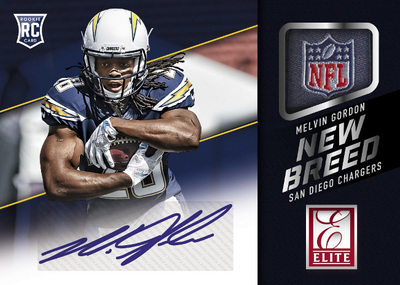
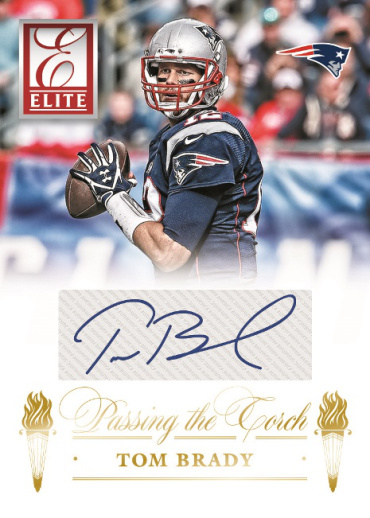
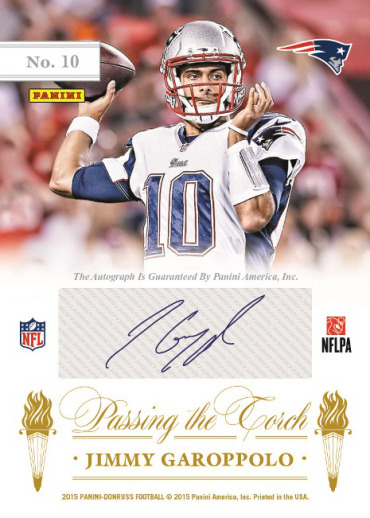
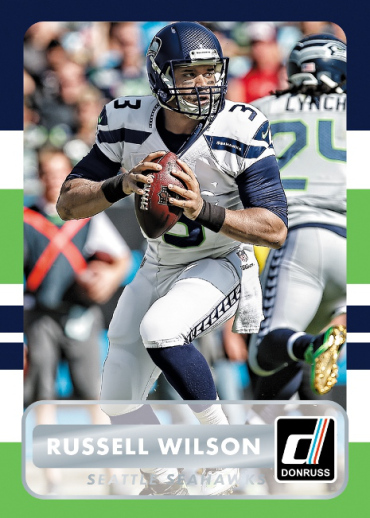
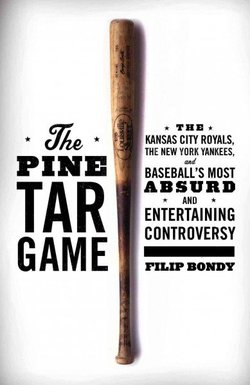
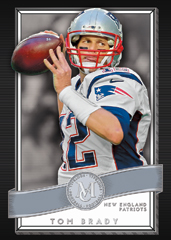
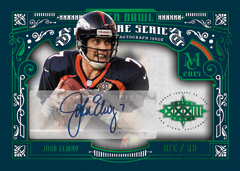
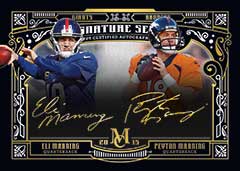
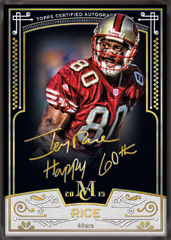
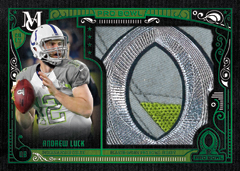
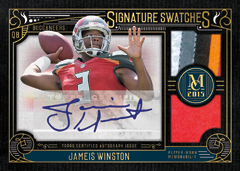
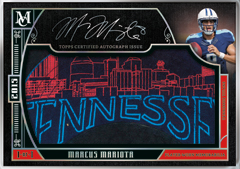
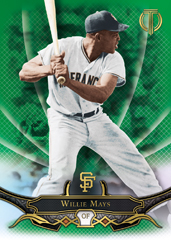

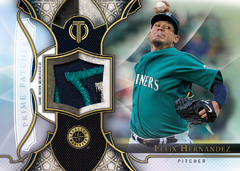
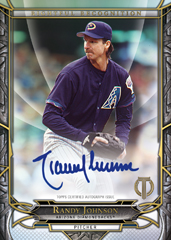
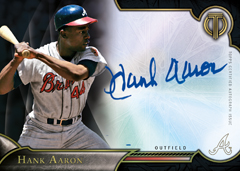

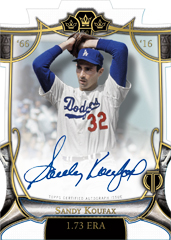
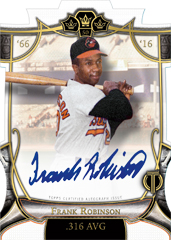
 RSS Feed
RSS Feed
